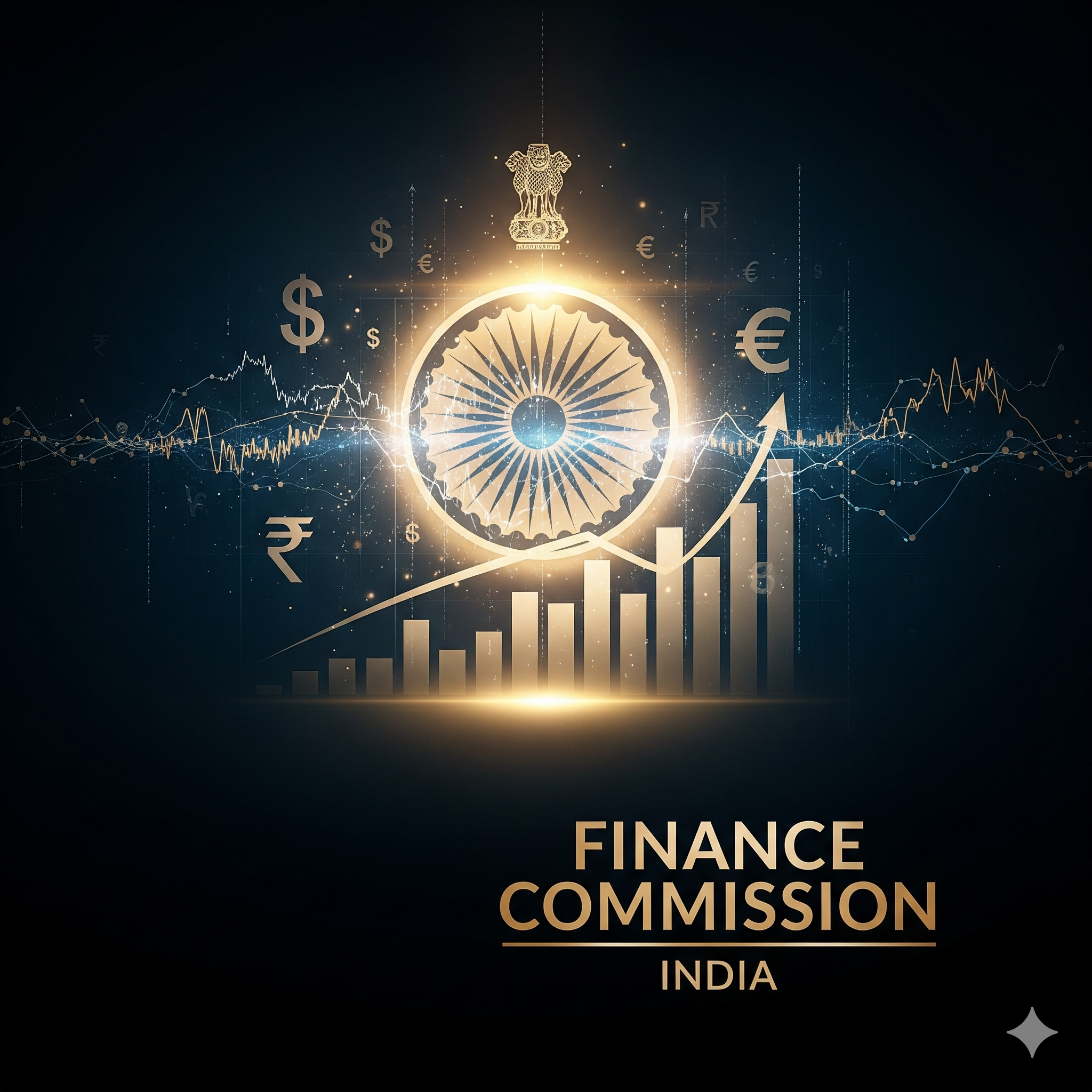Introduction
The United Nations Security Council (UNSC) is one of the most influential global institutions responsible for maintaining international peace and security. Established in 1945, the UNSC consists of five permanent members (P5)—the United States, Russia, China, the United Kingdom, and France—who wield veto power, along with ten non-permanent members elected for two-year terms.
India, as one of the world’s largest democracies and a rapidly growing economic power, has been advocating for permanent membership in the UNSC for decades. Given its geopolitical significance, contributions to global peacekeeping, economic growth, and leadership in multilateral organizations, India has emerged as a powerful claimant for a permanent seat at the high table of global governance.
This article explores India’s credentials, justifications, international support, challenges, and the way forward regarding its aspirations for a permanent seat in the UNSC.
Historical Background of India’s Role in the UN
India was among the founding members of the United Nations (UN) and has actively participated in its initiatives since 1945. Over the decades, India has contributed significantly to peacekeeping operations, international diplomacy, and humanitarian efforts.
India’s Key Contributions to the UN
- Peacekeeping Operations – India is one of the largest troop contributors to UN peacekeeping missions.
- Advocacy for Decolonization – India played a crucial role in supporting decolonization efforts in Africa and Asia.
- Disarmament Initiatives – India has promoted nuclear disarmament and non-proliferation efforts globally.
- Sustainable Development and Climate Action – India has been actively involved in climate negotiations, including the Paris Agreement.
India’s long-standing engagement with the UN strengthens its claim for a permanent UNSC seat.
Why India Deserves a Permanent Seat in the UNSC?
1. World’s Largest Democracy
- India represents over 1.4 billion people, nearly one-sixth of the global population.
- As a democratic nation, India upholds pluralism, rule of law, and human rights, aligning with the UN’s core principles.
2. Economic Strength and Global Trade Hub
- India is the fifth-largest economy (as of 2024) and an emerging global economic powerhouse.
- With its rapid economic growth, digital transformation, and industrial development, India plays a crucial role in global trade and finance.
3. Military Power and Strategic Influence
- India possesses the fourth-largest military and is a nuclear-armed nation.
- India is a key player in regional and global security, actively contributing to anti-terrorism and counter-insurgency efforts.
4. Leading Contributor to UN Peacekeeping
- India has sent over 250,000 troops to various UN peacekeeping missions since independence.
- Indian peacekeepers have been deployed in conflict zones like Congo, Sudan, and Lebanon, demonstrating India’s commitment to global stability.
5. Champion of Multilateralism and Global Governance
- India is an active participant in BRICS, G20, SCO, QUAD, and the Commonwealth.
- India has consistently advocated for a more inclusive and representative global governance system.
6. Strong Case for Geopolitical Representation
- The current UNSC structure is outdated, as it does not reflect 21st-century geopolitical realities.
- The Asia-Pacific region lacks adequate representation in the permanent membership, making India’s case stronger.
7. Support for Developing Nations and the Global South
- India has positioned itself as the voice of the Global South, advocating for fairer international trade, climate justice, and equitable development.
- Through initiatives like the International Solar Alliance (ISA) and South-South Cooperation, India has been instrumental in supporting developing nations.
International Support for India’s UNSC Bid
Several major global powers and international organizations have endorsed India’s permanent membership in the UNSC.
Countries Supporting India’s Bid
✅ United States – Recognizes India as a key global partner and has supported its claim.
✅ Russia – A longstanding ally, Russia has consistently backed India’s UNSC ambitions.
✅ France – Strongly endorses India’s bid, citing its contributions to global security.
✅ United Kingdom – Supports India’s inclusion in an expanded UNSC.
✅ Germany & Japan – As fellow members of the G4 (India, Germany, Japan, Brazil), they advocate for UNSC reforms.
Groups Supporting India
- G4 Nations (India, Germany, Japan, Brazil) – A group advocating for UNSC expansion.
- African Union – Supports greater representation from the Global South, including India.
- BRICS Nations – Although China has reservations, other BRICS members support India’s bid.
Countries Opposing or Hesitant
❌ China – Prefers to maintain the existing UNSC structure and opposes India’s inclusion due to strategic rivalry.
❌ Pakistan – Consistently opposes India’s bid due to geopolitical tensions.
Despite opposition, India’s growing global influence makes its UNSC bid a compelling case.
Challenges India Faces in Securing a Permanent UNSC Seat
1. The Veto Power Debate
- The P5 countries are reluctant to expand the UNSC without limiting new members’ veto powers.
- India demands equal privileges, making negotiations complex.
2. Resistance from China
- China, a permanent member with veto power, has blocked India’s UNSC bid multiple times.
- The India-China rivalry, along with China’s alliance with Pakistan, poses a major challenge.
3. Lack of Global Consensus on UNSC Reform
- The United Nations General Assembly (UNGA) requires a two-thirds majority to approve structural reforms.
- Many nations hesitate to alter the current UNSC framework.
4. Regional Opposition
- Pakistan actively lobbies against India, arguing that India’s regional disputes (e.g., Kashmir) make it unsuitable for permanent membership.
- Some nations fear that an expanded UNSC may dilute their influence.
5. Bureaucratic and Structural Challenges
- The UN follows complex procedural rules, making any reforms slow and difficult to implement.
- The 2005 Kofi Annan Plan for UNSC expansion failed due to lack of agreement.
The Way Forward: India’s Strategy for UNSC Membership
1. Strengthening Diplomatic Alliances
- Enhancing partnerships with P5 nations, G20, BRICS, and the African Union.
- Gaining support from smaller nations to build a global coalition.
2. Advocating for Comprehensive UN Reforms
- Promoting the idea of an expanded UNSC with balanced global representation.
- Supporting reforms in decision-making processes and veto power distribution.
3. Engaging China Through Strategic Diplomacy
- Using economic and trade ties to reduce China’s resistance.
- Strengthening regional coalitions like ASEAN to build pressure on China.
4. Leveraging India’s Role in Global Affairs
- Continuing to lead in climate change action, economic development, and peacekeeping.
- Positioning India as a problem solver in global crises to boost credibility.
5. Creating Public Awareness and Global Campaigns
- Engaging think tanks, media, and civil society to advocate India’s claim.
- Launching international campaigns for a fair and representative UNSC.
Conclusion: Is India a Powerful Claimant for UNSC Membership?
Yes, India is a strong and deserving contender for a permanent seat in the UNSC. Its demographic strength, economic power, military capability, diplomatic influence, and commitment to multilateralism make it a key player in global governance.
While challenges persist—particularly opposition from China and procedural hurdles in the UN—India’s growing international stature strengthens its claim. By continuing its strategic diplomacy, advocating for fair reforms, and expanding its global influence, India can pave the way for its rightful place as a permanent member of the UNSC.
A reformed UNSC with India as a permanent member would not only reflect today’s geopolitical realities but also contribute to a more inclusive, representative, and democratic world order.




